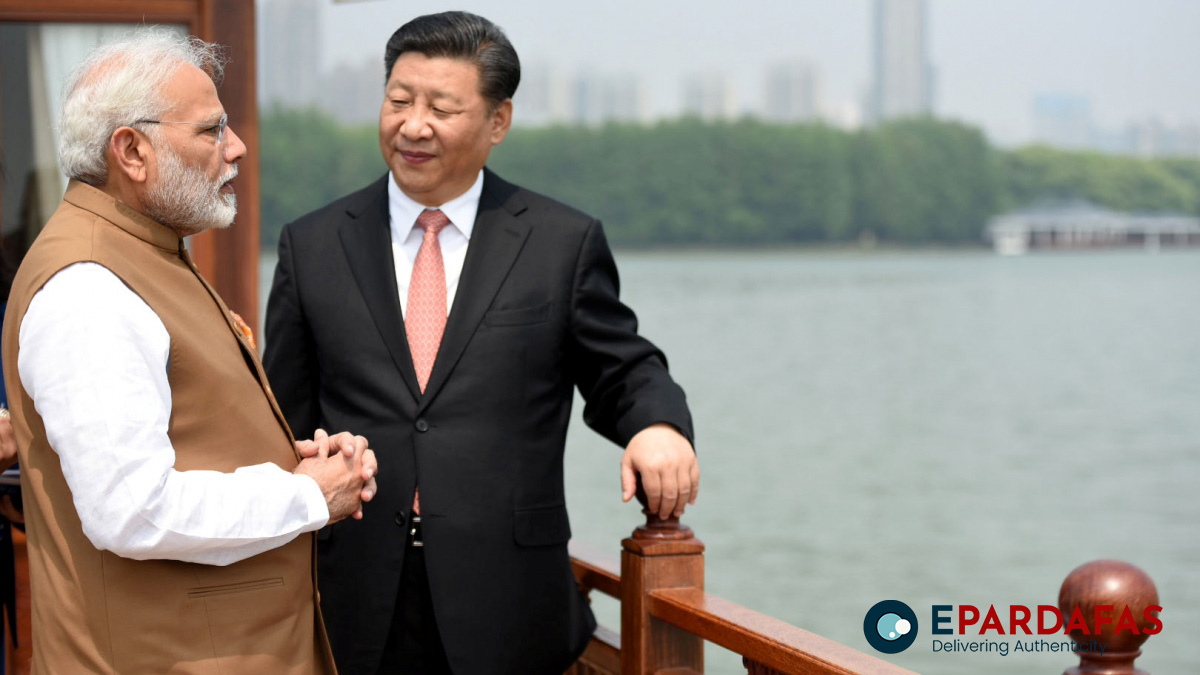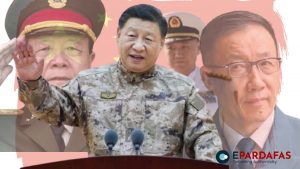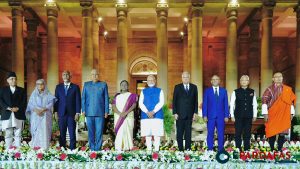
India’s Economic Review Sparks Debate on Easing Chinese Investment Restrictions

India’s latest economic review has sparked a debate over whether the country should ease its restrictions on Chinese investment to bolster its economic growth or maintain its current focus on trade. This discussion comes amid ongoing efforts to resolve diplomatic tensions between India and China, including longstanding border disputes.
The annual economic report, released on July 22, has encouraged foreign direct investment (FDI) from China for the first time since India imposed restrictions on investment from neighboring countries in April 2020. These rules were introduced shortly before a deadly border clash in the Himalayas, which left 20 Indian and four Chinese soldiers dead. The restrictions were widely perceived as a measure targeting Chinese entities following the violence.
The report, authored by India’s chief economic adviser V. Anantha Nageswaran, argues that embracing FDI from China could be more beneficial for India’s economy than relying solely on trade. The report suggests that as Western countries shift their sourcing away from China under “China plus one” strategies, India could attract Chinese companies to invest locally, thereby enhancing its role in the global supply chain.
“Choosing FDI as a strategy to benefit from a China plus one approach appears more advantageous” than relying on trade, the report stated. It added that allowing Chinese companies to invest in India and export products to Western markets could be more effective than merely importing goods from China for re-export with minimal added value.
Indian Finance Minister Nirmala Sitharaman appeared to support this strategy during a recent media briefing. However, Commerce and Industry Minister Piyush Goyal later dismissed the idea, stating, “There is no rethinking at present to support Chinese investments in the country.”
The restrictions from April 2020 require prior government approval for investments from India’s neighboring countries. Since then, only about a quarter of the 435 FDI applications from China have been approved, according to local media reports.
“There seems to be differences within the government’s own ministries on the issue of FDI from China,” observed V. Upadhyay, a senior economist and former professor at the Indian Institute of Technology Delhi.
India and China’s trade relationship continues to grow, with bilateral trade reaching approximately $118.4 billion in the fiscal year ending in March 2024, up 4% from the previous year. However, the trade balance is heavily skewed in China’s favor, with India’s exports amounting to just $16.7 billion, while imports from China, including electronics, machinery, and chemicals, totaled $101.7 billion, resulting in an $85 billion trade deficit.
Experts have suggested that any easing of FDI restrictions should be focused on sectors that could drive India’s economic growth, such as high-end technology, electric vehicles, and batteries. Raj Kumar Sharma, a senior research fellow at the NatStrat think tank, advocated for a “smart” approach that balances national security concerns with economic benefits.
“The smart way is to regulate [the Chinese investment] according to our own national security concerns and allow in those sectors where it can help our economy,” Sharma said. “This may also involve forming joint ventures with China in order to increase manufacturing in India and lower imports from China.”
Sharma also noted that no country, including India’s Quad security alliance partners—Australia, Japan, and the U.S.—has imposed a blanket ban on Chinese FDI. He pointed to Italian Prime Minister Giorgia Meloni’s recent visit to China as a sign of shifting attitudes in the West towards economic engagement with China.
However, some experts caution against shifting focus to Chinese investment. Ajay Srivastava, co-founder of the Global Trade Research Initiative, warned that such a move could undermine India’s long-term economic security and strategic autonomy.
India’s trade with China is crucial, especially in the manufacturing sector, which relies on Chinese components for producing key goods like pharmaceuticals. Shamshad Ahmad Khan, an assistant professor of international relations at BITS Pilani Dubai Campus, argued that economic interdependence with China could also have political benefits by reducing tensions along the border.
The July 25 talks between Indian External Affairs Minister S. Jaishankar and Chinese Foreign Minister Wang Yi, held on the sidelines of an ASEAN meeting in Laos, focused on resolving border issues along the Line of Actual Control. Experts believe that resolving these tensions could strengthen economic and diplomatic ties between the two countries.
“China cannot be avoided when it comes to trade,” Upadhyay noted. “Vietnam also has territorial disputes with China, yet it is allowing direct investments from China.”












Comments